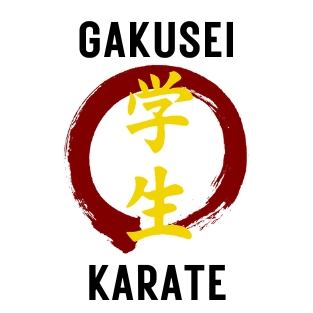In the realm of martial arts, particularly in disciplines like Karate, there exists a profound concept known as Shuhari. Rooted in traditional Japanese culture, Shuhari is a developmental framework that outlines the stages of mastery and understanding. This concept not only applies to Karate but extends its reach to various other fields such as calligraphy, tea ceremony, and even software development. However, in the context of Karate, Shuhari provides a structured approach to the progression of skill and knowledge, guiding practitioners on a journey from beginner to expert.
The term Shuhari is derived from three Japanese characters:
- **Shu (守)**: This initial stage is characterized by obedience and imitation. Practitioners adhere strictly to the teachings of their sensei (teacher) without deviation. It’s akin to laying the foundation, where students focus on mastering the fundamental techniques, stances, and movements of Karate. During this phase, adherence to tradition is paramount, as students learn to replicate the techniques passed down through generations.
- Ha (破): In the second stage, practitioners begin to break away from the constraints of tradition. Having internalized the fundamental principles of Karate, they explore and experiment with variations. This phase encourages creativity and adaptation as students start to understand the underlying principles that govern the techniques they’ve learned. They may deviate from the strict forms and explore different applications based on their understanding of the art.
- **Ri (離)**: The final stage represents transcendence. At this point, practitioners have achieved a deep level of mastery where the techniques become ingrained in their muscle memory and subconscious mind. They move beyond the structured curriculum and formalized techniques, embodying the essence of Karate in their own unique expression. This stage is marked by a profound sense of freedom and fluidity in movement, where the practitioner becomes one with the art itself.
In the context of Karate training, Shuhari provides a roadmap for both students and instructors. Beginners start in the Shu stage, diligently practicing katas (forms), basic strikes, and blocks as instructed by their sensei. As they progress, they enter the Ha stage, where they begin to understand the principles behind each technique and adapt them to different situations. This phase encourages sparring and practical application, allowing students to test their skills in a dynamic environment.
Finally, as practitioners reach the Ri stage, they move beyond the confines of structured training and enter a realm of fluidity and spontaneity. Their movements become intuitive, blending offense and defence seamlessly. They embody the philosophy of Karate beyond physical techniques, embracing its principles of discipline, respect, and humility in their daily lives.
While the concept of Shuhari provides a clear framework for progression, it’s essential to recognise that the journey is not linear. Progression through the stages is not automatic and requires dedication, perseverance, and self-reflection. Moreover, the transition from one stage to another may not always be smooth, as practitioners grapple with challenges and setbacks along the way.
Instructors play a crucial role in guiding students through the stages of Shuhari, providing mentorship, feedback, and encouragement. They must strike a balance between preserving tradition and fostering innovation, allowing students to evolve while maintaining respect for the roots of Karate.
Shuhari serves as a guiding principle in the practice of Karate, offering a structured approach to mastery and understanding. It emphasizes the importance of tradition, innovation, and personal growth, providing a framework for practitioners to navigate their journey from novice to expert. Ultimately, Shuhari embodies the essence of continuous learning and self-improvement, inviting practitioners to embark on a lifelong pursuit of mastery in the art of Karate.


